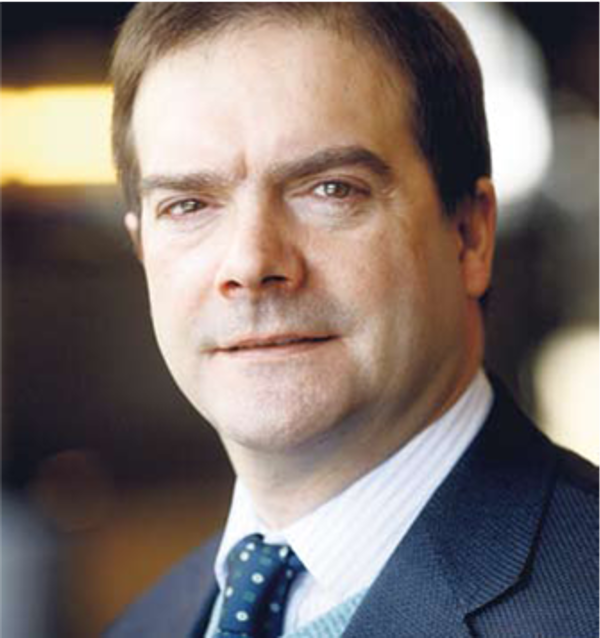Application of Random Finite Element and Material Point Methods to Slope Stability

Abstract
This presentation focuses on the influence of soil spatially variability on the stability of slopes. In the first instance, it considers the 2D and 3D modelling of slopes for linear infrastructures such as flood defences and road and rail embankments. This is done by using, within a Monte Carlo framework, random fields to model the spatial variability of soil properties within layers and the finite element method to model the behaviour of the geotechnical structure, an approach often referred to as the Random Finite Element Method (RFEM). It is shown that the horizontal scale of fluctuation of soil shear strength has a big influence on the type of failure mechanism and on the computed slope reliability. The presentation also considers slope stability problems involving large deformations, for which random fields may be combined with the material point method to form the Random Material Point Method (RMPM). RMPM has been used to investigate residual dyke resistance: the ability of a dyke to withstand flooding following an initial slope failure. It has also been used to model the 3D evolution of retrogressive landslides in a sensitive clay.
Biography
Michael Hicks is Professor of Soil Mechanics and head of the Section of Geo-Engineering at Delft University of Technology. He has 40 years’ experience in the constitutive modelling of soil behaviour and numerical modelling of geotechnical problems. He currently leads a research team focussing on risk and variability in geotechnical engineering. This involves 3 main research areas: stochastic characterization and modelling of soil spatial variability; stochastic modelling of slope reliability using the random finite element and material point methods; probabilistic assessments of embankment reliability and characteristic values. Michael has significant collaborations with flood defence, railway and dredging stakeholders. He has taken leading roles in professional working groups and international conferences, including chair of the organizing committees for NUMGE VIII (Delft, 2014) and CPT IV (Delft, 2018). Michael is the current chair of the ISSMGE’s technical committee TC304 Risk: “Engineering Practice of Risk Assessment and Management.”